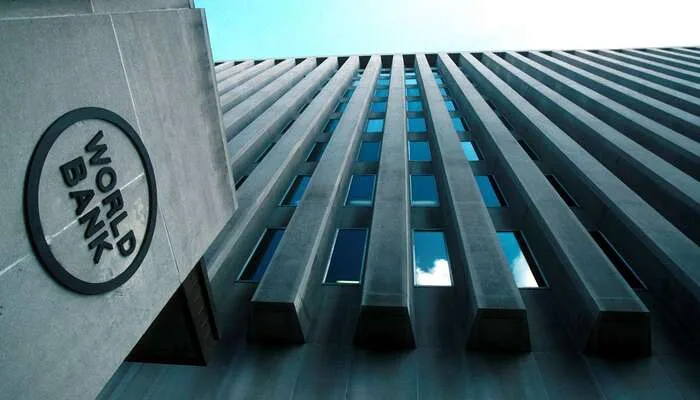The World Bank has committed $20 billion to Pakistan under a 10-year Country Partnership Framework (CPF). The decision was approved with 19 out of 24 directors voting in favor. This significant financial support aims to address key developmental challenges in Pakistan and boost the country’s economic stability.
Approximately three-quarters of the $20 billion will be provided through the International Development Association (IDA), while the remaining amount will come from the International Bank for Reconstruction and Development (IBRD). Additional funding will be sourced from the International Finance Corporation to ensure the framework’s successful implementation.
The CPF focuses on six key development sectors, including child health, climate change, clean water access, public resource improvements, and private investment growth. Specific targets under the plan include increasing Pakistan’s tax revenue to over 15 percent of GDP. It also aims to add 10 gigawatts of renewable energy capacity, ensuring the availability of sustainable energy sources.
Read More: UK Anti-Corruption Minister Resigns Amid Bangladesh Controversy
Improving education and healthcare is a central component of the framework. It seeks to provide quality education to 12 million students and healthcare services to 50 million people. The plan also prioritizes clean water and sanitation for 60 million individuals while working to strengthen food security for 30 million people.
Women’s health and disaster management are also part of the CPF. The framework aims to improve access to contraceptives for 30 million women. Additionally, it includes measures to address natural disasters, particularly floods, benefiting an estimated 75 million people across Pakistan.
Earlier this year, the World Bank released a report that challenged the government’s optimistic economic claims. The report highlighted a significant increase in poverty across the country.
According to the World Bank’s findings, poverty in Pakistan rose to 25.3 percent in 2024, a seven-percentage-point increase from the previous year. This surge has pushed 13 million additional people into poverty, reflecting the severe challenges faced by the population.
Despite these findings, the PML-N-led government consistently claimed economic stability throughout 2024. Officials insisted that inflation was under control and commodity prices were decreasing. However, the World Bank’s report exposed the harsh reality, revealing the growing struggles of Pakistan’s people.
The alarming rise in poverty underscores the urgent need for effective use of the financial assistance pledged by the World Bank. The success of the CPF will depend on the government’s ability to tackle these critical issues and implement sustainable development initiatives.
Follow Day News on Google News, Instagram, YouTube, Facebook, Whats App, and TikTok for latest updates
